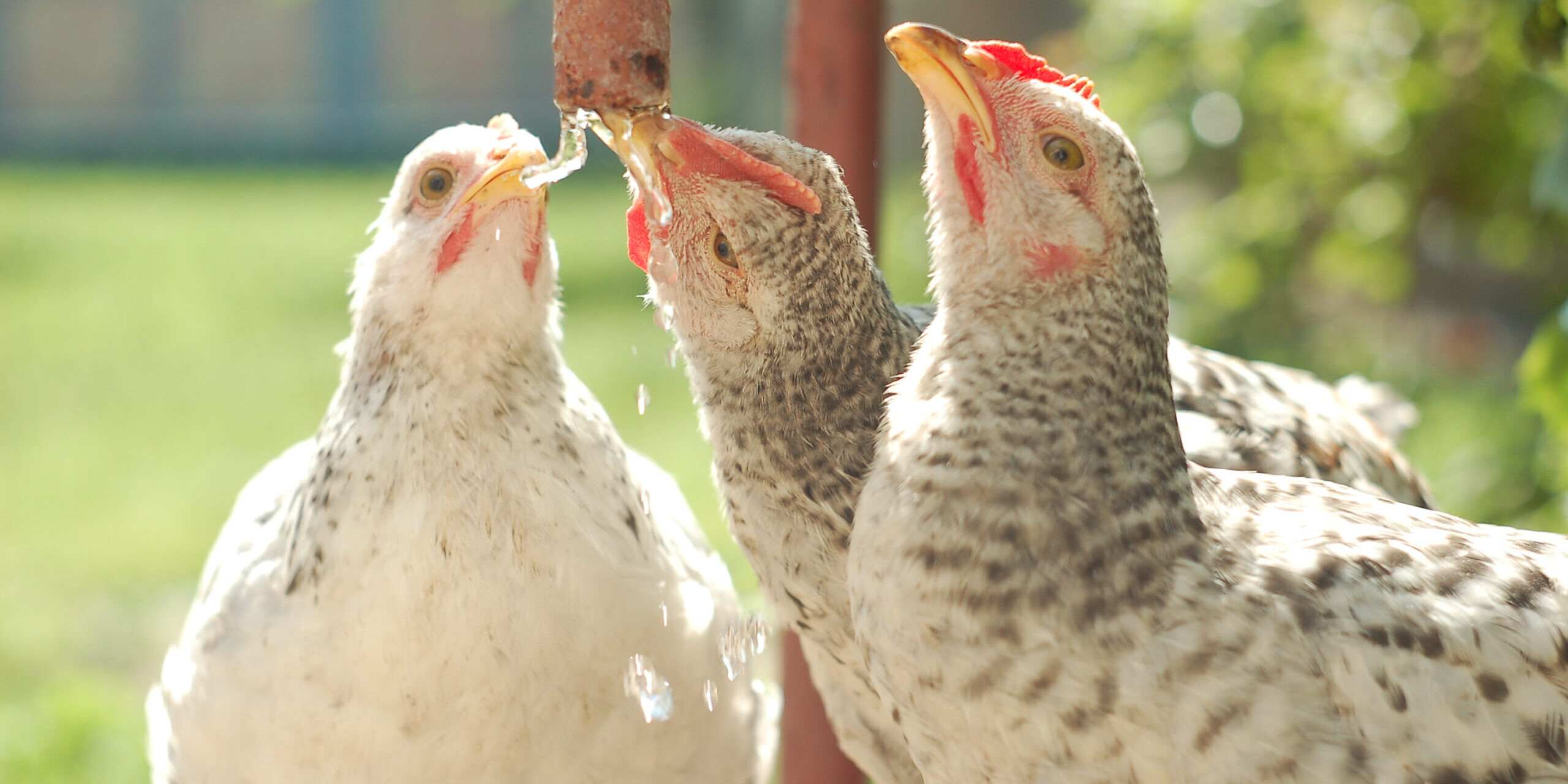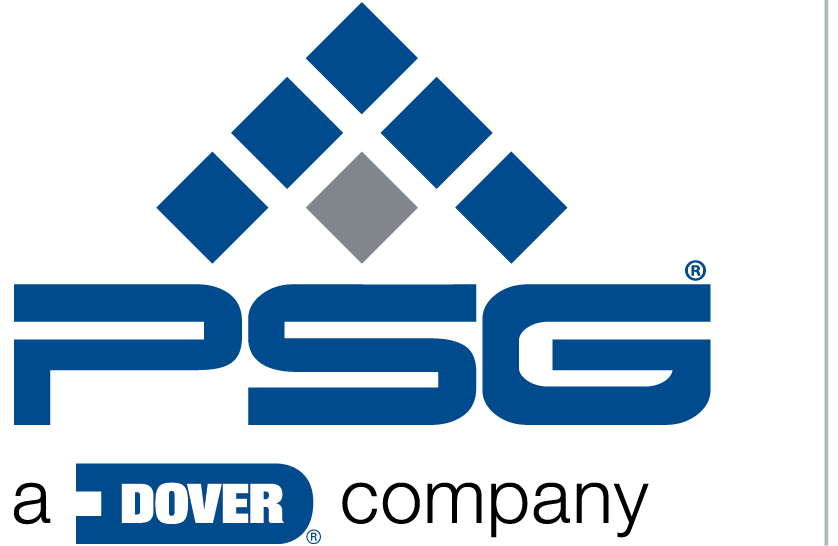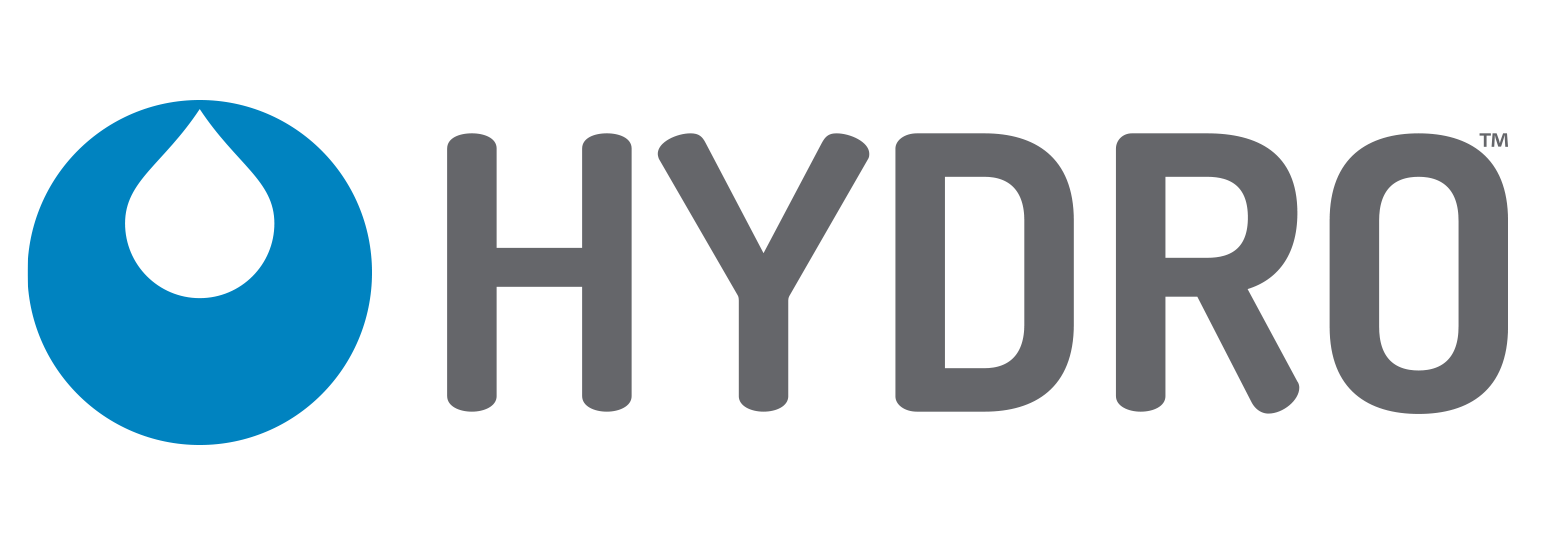Blog: Effectively Managing the Use of Highly Aggressive Chemicals on the Farm

Changes to the farming industry require operators to reassess their equipment and processes in order to uphold water quality, animal health and profits. One such change is the move toward using highly aggressive chemicals (HACs) and equipment that can support these chemicals. HACs are meant to replace antibiotics on the farm, addressing feeding requirements. A chemical dosing system is preferable over traditional batch processing units because of lower capital costs when compared to full batching strategies.
The Anti-Antibiotic Era Leverages HACs
HACs like sodium hypochlorite, chlorine dioxide and hydrogen peroxide aren’t new to farms. They’ve been used in poultry diets for decades, eliciting a positive response in growth performance while decreasing pathogenic bacteria. HACs, specifically organic acids, deliver safety, address specific feeding requirements and can even protect against reactivated salmonella.
One of the best reasons to use HACs is that, unlike antibiotics, organic acids don’t contribute to antimicrobial resistance. Although there is not “one chemical that fits all” for farming, there are still several (lactic, formic, citric and fatty acids) that can be used to enhance animal growth and health while protecting consumers.
Chemical Dosing Reliability
For those working on a farm, it’s important to know what chemicals you’re working with, what their potential side effects of exposure are and what the recommended safety precautions are.
There are now systems available that offer a high-resolution chemical feed with longer service life. They are quiet and compact while being able to prime in seconds and hold prime reliably. These electronic injectors are engineered for longevity and feature a multi-function digital controller that provides flexible injector control including scalable analog control, among other features. The display is able to be adjusted between flow rate units or percent speed for easy-to-read output and quick adjustment. Moreover, the controller features universal voltage, meaning it can be used anywhere in the world.
Leveraging the Correct Type of injector for the Farm
Farming equipment that was previously able to dispense and dilute medications and vaccinations may not be designed to handle HACs. This can lead to malfunctions and the buildup of disease-causing biofilms that lead to sick or even dead animals. Thankfully, there are water-driven pumps (WDPs) and electronic injectors that are specifically designed to accurately medicate water and be compatible with HACs used for water line cleaning.
Look for the following features when selecting a injector:
- Compatibility with HACs – Some injectors aren’t built to withstand modern-day chemicals like organic acids. It’s important to utilize an injector with advanced chemical resistance that’s able to handle vaccinating, medicating, water treatment with chlorine and peroxides, cleaning water lines with various organic acids and administering nutrients and supplements. It should be compatible with both liquid chemicals and wettable powders.
- Reliability – An unreliable injector can mean that harmful germs transfer from the water source to drinking water. Farmers should work with a trusted manufacturer to secure dependable equipment that will support animal health and the bottom line.
- Accuracy – In some cases, farms may need to dose weaker vaccinations and medications that require rich dilutions. Manufacturers that have 2%, 5% and 10% variable models enable farmers to find a solution that meets their needs.
- Worry-free installation and maintenance – injectors should offer a quick and easy install. They should also be simple to maintain over time. Operators should look for a unit that offers tool-free maintenance.
- Durability – It’s critical that the unit has proven performance across a long lifespan to reduce the cost of ownership and enhance peace of mind.
The Future of Farming
Concern regarding antibiotic use in meat and meat byproducts has never been higher, forcing farmers to reassess their chemicals, equipment and processes. Farmers are increasingly using highly aggressive chemicals, primarily because HACs don’t contribute to antimicrobial resistance. In doing so, they’re leveraging the use of electronic injectors that can accurately medicate water while maintaining water line cleaning standards.
For more information about E-Dos, visit https://hydrosystemsco.com/products/e-dos.html

Customer Service and Technical Support
Call 1-800-543-7184 Monday-Friday 8am - 5pm EST











